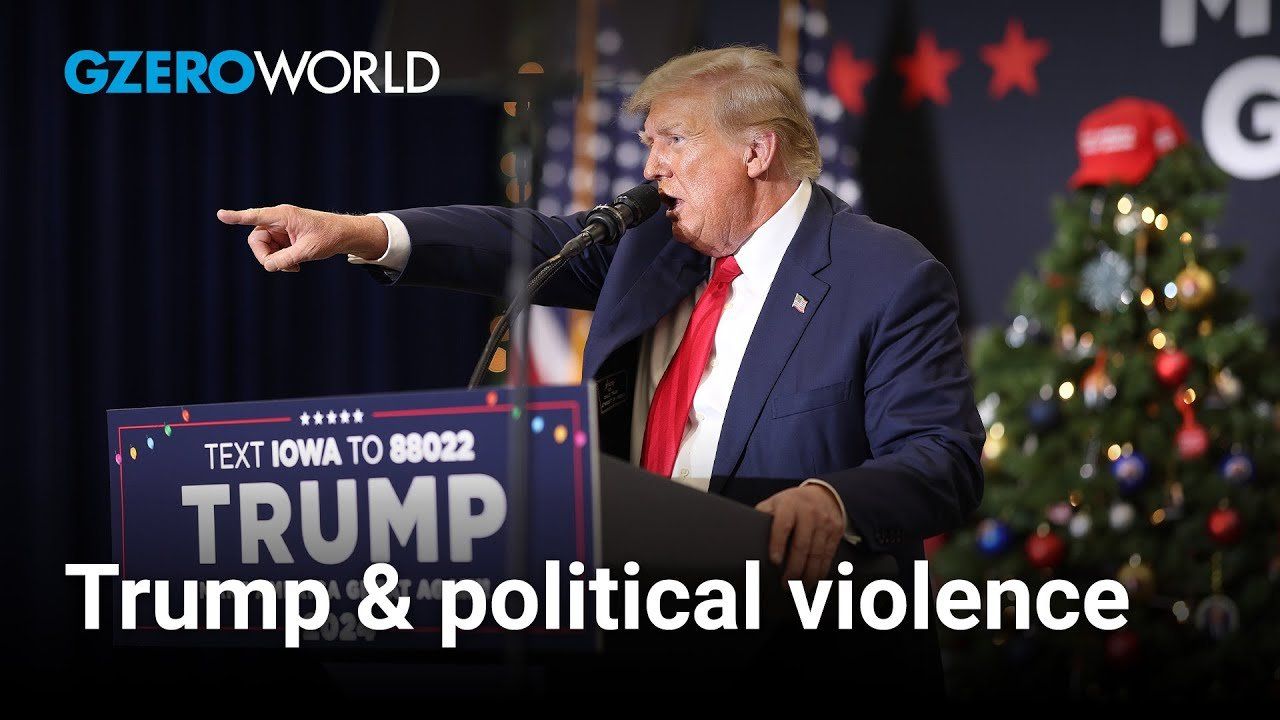Francis Fukuyama: Americans should be very worried about failing democracy

The prospect of another Trump presidency can be hard to imagine. Still, before we even get there, we must confront the possibility of political violence in the months leading up to November 5.
With the US presidential election on November 5, many Americans are pondering what another four years of a Trump presidency could mean for the country and the world. But let's not get ahead of ourselves. The months leading up to November 5 (and the period after the election but before the January 20 inauguration) could be the most consequential in modern history. That's according to Stanford political scientist Francis Fukuyama, who warns that the capacity for violence amongst Trump supporters is unprecedented.
"In a way, Trump is preparing for this moment when there's massive protests, and he's got a lot of supporters, many of them are armed. And I think that on January 6th, he showed that he was, you know, completely comfortable with calling on his friends to use violence to, you know, support his ends."
Watch the GZERO World with Ian Bremmer episode: Divided we fall: Democracy at risk in the US
Catch GZERO World with Ian Bremmer every week at gzeromedia.com/gzeroworld or on US public television. Check local listings.
- Putin has a solution for US democracy ›
- American strife: Will US democracy survive? Fiona Hill explains post-Jan 6 stakes ›
- US democracy after US midterms: polarized voters & Trump's GOP ›
- Cliff Kupchan: We need a national dialogue to save US democracy ›
- Podcast: Not infallible: Russia, China, and US democracy with Tom Nichols & Anne-Marie Slaughter ›
- Al Gore's take on American democracy, climate action, and "artificial insanity" - GZERO Media ›
- In divided America, anything goes in the name of “protecting democracy" - GZERO Media ›